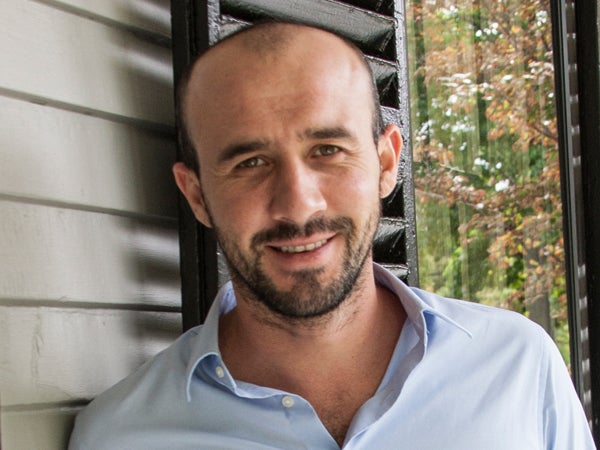Visiting scientist (and former Harvard Bell Fellow) Onur Altindag, PhD, is an author on a new working paper that sets out to quantify the mental health effects experienced by those aged 65 years and older during a period of strict curfew imposed by the Turkish government in response to Covid-19.
Geotagged tweets used to better assess urban mobility, neighborhood isolation in 50 U.S. cities
Findings of a research study show that even though residents of black and Hispanic neighborhoods traveled outside of their home neighborhoods, they were far less exposed to nonpoor or white middle-class neighborhoods than residents of primarily white neighborhoods, suggesting that segregation persists in some of the country’s largest cities. Two authors of the study—Mario L. Small, PhD, and Robert J. Sampson, PhD—are affiliated with the Harvard Pop Center.
A deeper look at complex nature of loneliness and social isolation among aging Americans
Recent Bell Fellow Lindsay Kobayashi, PhD, is co-author on this paper that finds that not all older, independent people who are socially isolated feel lonely, and that poor health can have both negative and positive effects on perception of social isolation.
Study points to unmet need for social support among older women in rural South Africa
Researchers affiliated with the HAALSI research project have published a new study that found that older women in South Africa have weaker social network connections and are more socially isolated than men and younger women. Higher levels of widowhood and fewer connections outside of the family network are thought to explain this age- and gender-based difference.
Social isolation in adults linked with some less healthy behaviors
Bell Fellow Lindsay Kobayashi is lead author on a paper that has found those who are socially isolated are more likely to engage in some less healthy behaviors, such as not getting adequate exercise and not eating the recommended five servings of fruit and vegetables a day. Those who report feeling lonely were less likely to successfully quit smoking.
Social isolation & low health literacy found to substantially & independently impact mortality risk
Harvard Bell Fellow Lindsay Kobayashi, PhD, is an author of a paper published in the journal Health Psychology that explores the relationship between social isolation, health literacy, and mortality risk.
Possible molecular link to stroke and dementia may be associated with level of social support
Harvard Pop Center Director Lisa Berkman, PhD, and faculty member Joel Salinas, MD, are among the authors on a paper published in the journal Alzheimer’s & Dementia: Translational Research & Clinical Interventions that reveals that those with more social support were found to have higher serum levels of brain-derived neurotrophic factor (BDNF), which is linked to reduced risk of dementia and stroke in certain subsets.
Berkman on risk of social isolation in PBS NewsHour segment on cohousing
Watch Lisa Berkman in this feature on benefits of cohousing on PBS NewsHour Weekend. Learn more in this news item from Harvard T.H. Chan School of Public Health.
The Association between Hearing Loss and Social Isolation in Older Adults
Pop Center Faculty Member Ichiro Kawachi has co-authored a study that investigates whether age-related hearing loss is associated with social isolation and whether factors such as age, gender, income, race, or hearing aid use moderated the association.
